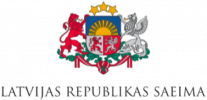To address pressing regional challenges, the Baltic Assembly held a joint meeting of its Security and Defence Committee and the Health, Welfare and Family Committee on 26 April 2024 in Vilnius and Rukla, Lithuania. The meeting, enriched by a visit to the Infantry Brigade “Iron Wolf”, underscored the dedication of the Baltic States to enhancing civil defence mechanisms and healthcare coordination in light of current geopolitical tensions.
The visit to the Infantry Brigade “Iron Wolf” in Rukla included a detailed presentation by Colonel Aurelijus Motiejūnas, who showcased the critical role of international forces, particularly our German allies, in supporting NATO’s strategy against security challenges from Russia and Belarus. An interactive demonstration of the Simulator Panzerhaubitze 2000 allowed participants to experience firsthand the sophistication and capabilities of modern military technology. Additionally, a display of weapons and equipment used by the Infantry Brigade "Iron Wolf" and our allies provided a close-up view of the tools that safeguard our peace.
Enhancing medical civil-military cooperation
During the meeting in Vilnius, Valdas Meškauskas of the Lithuanian Armed Forces shared insights on the Lithuanian military medical capabilities, emphasising the importance of rapid trauma response and the strategic placement of medical personnel and facilities. Discussions also covered the integration of civil and military medical services, showcasing initiatives like the advanced training programmes of the Estonian War and Disaster Medicine Centre, which have significantly expanded over the years
Building a connected civil defence system
The parliamentarians and experts also discussed a framework for a coordinated civil defence system across the Baltic States. There is a need to improve public warning systems, establish mass evacuation plans, and foster cross-border cooperation among municipalities. Such measures are vital in enhancing the preparedness of the Baltic region for any potential crisis.
Aleksandra Kuczyńska-Zonik, Head of the Baltic Department at the Polish Institute of Central Europe, presented comprehensive strategies to boost civic aspects of defence, highlighting the enhancement of strategic communication and the integration of public and non-governmental sectors in defence efforts. These strategies are aimed at fortifying social resilience and ensuring that civil society can effectively respond to crises.
Harmonising support for Ukrainian refugees
One of the aims of the meeting was to discuss the implementation of the recommendations of the Baltic Assembly regarding the synchronisation of the approaches in the Baltic States regarding social benefits and pensions for Ukrainian refugees and residents from Ukraine in Lithuania, Latvia, and Estonia. The parliamentarians further discussed establishing a uniform system to ensure the Ukrainians with the necessary support. Recognising the trauma associated with displacement, the Committees repeatedly emphasised the need for robust psychosocial support for Ukrainian refugees. The goal is to develop a joint framework that guarantees accessible and effective mental health services across the Baltic States, fostering resilience and aiding in the integration of refugees.
Photos
© Lietuvos Respublikos Seimas, Olga Posaškova
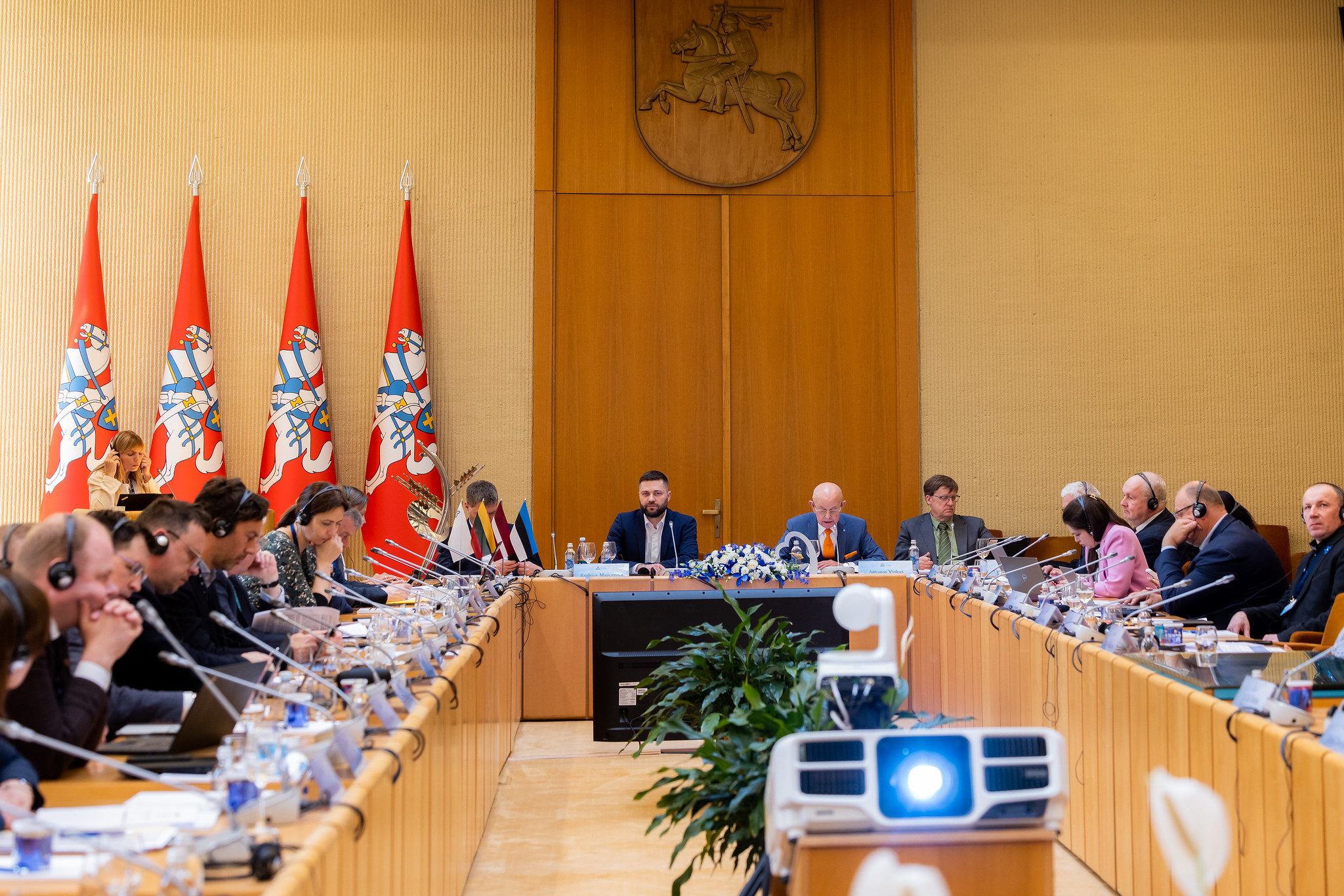
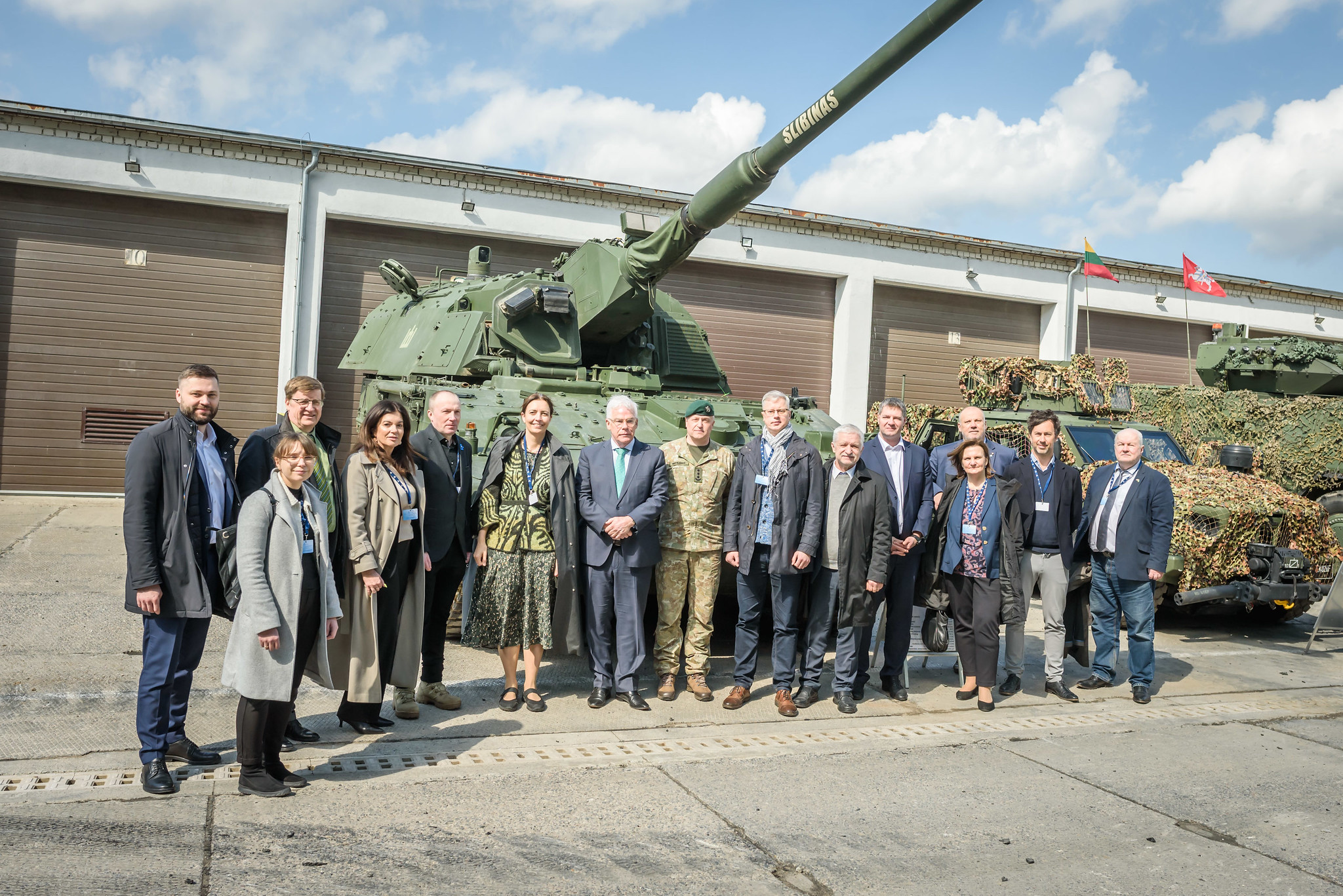
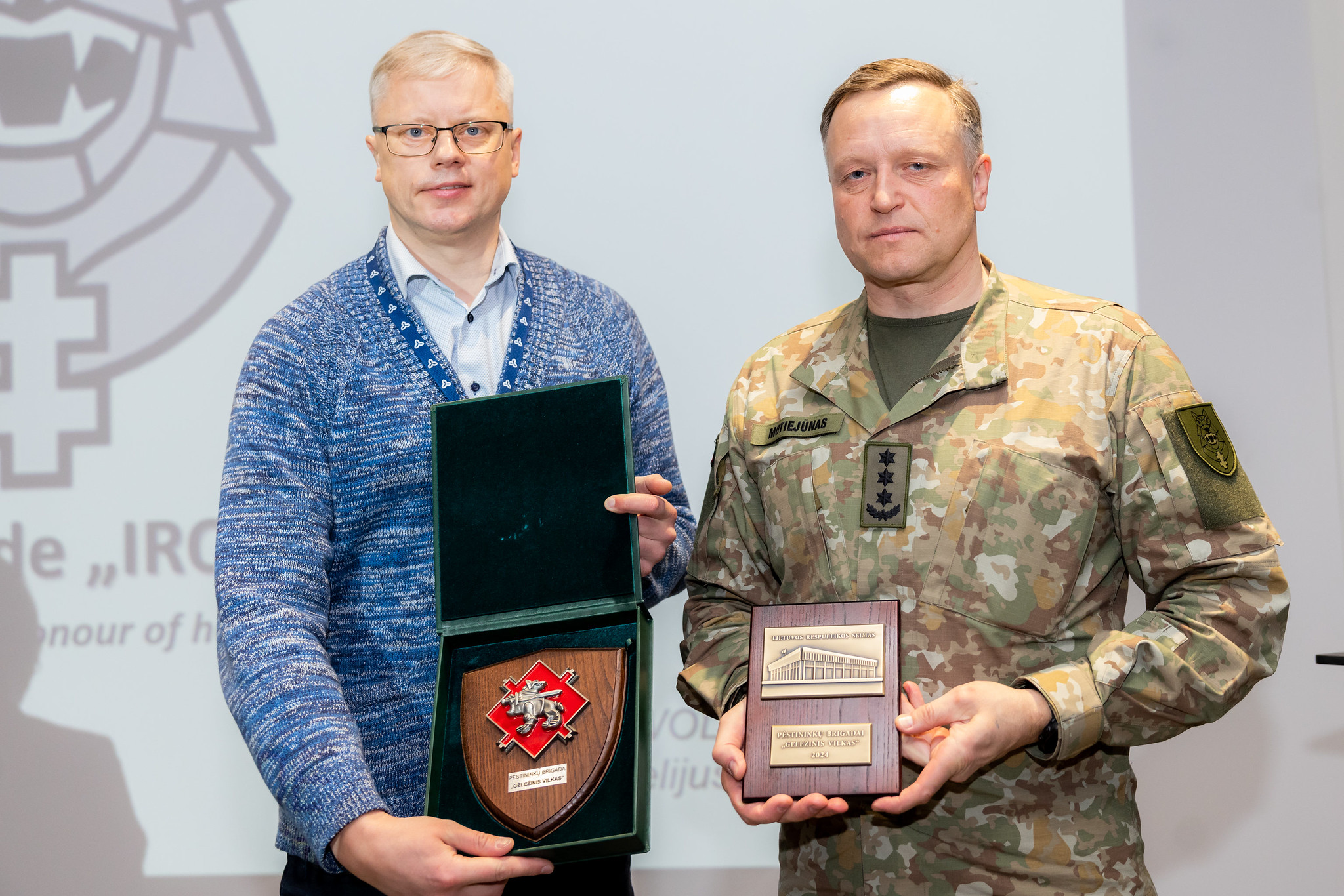
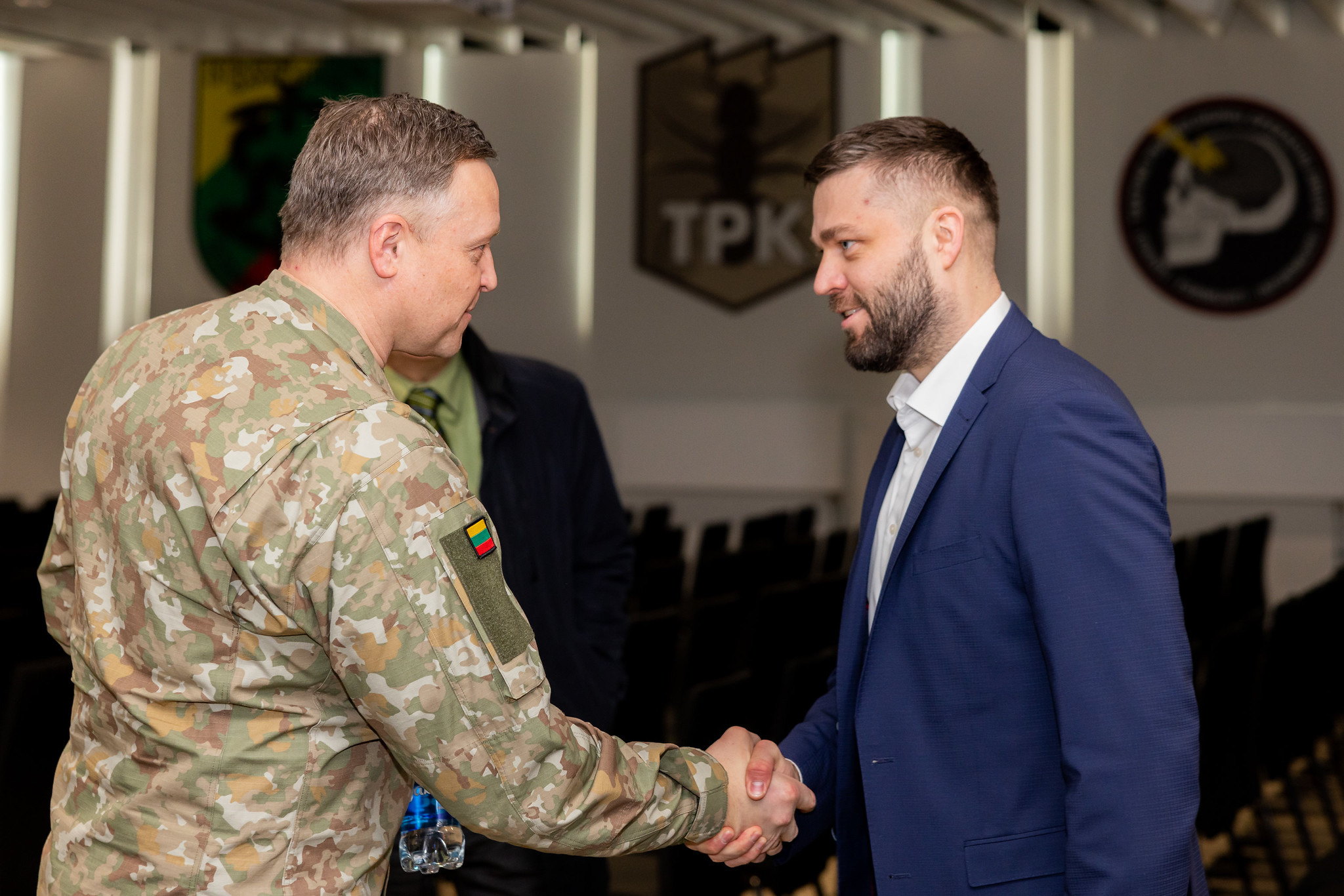
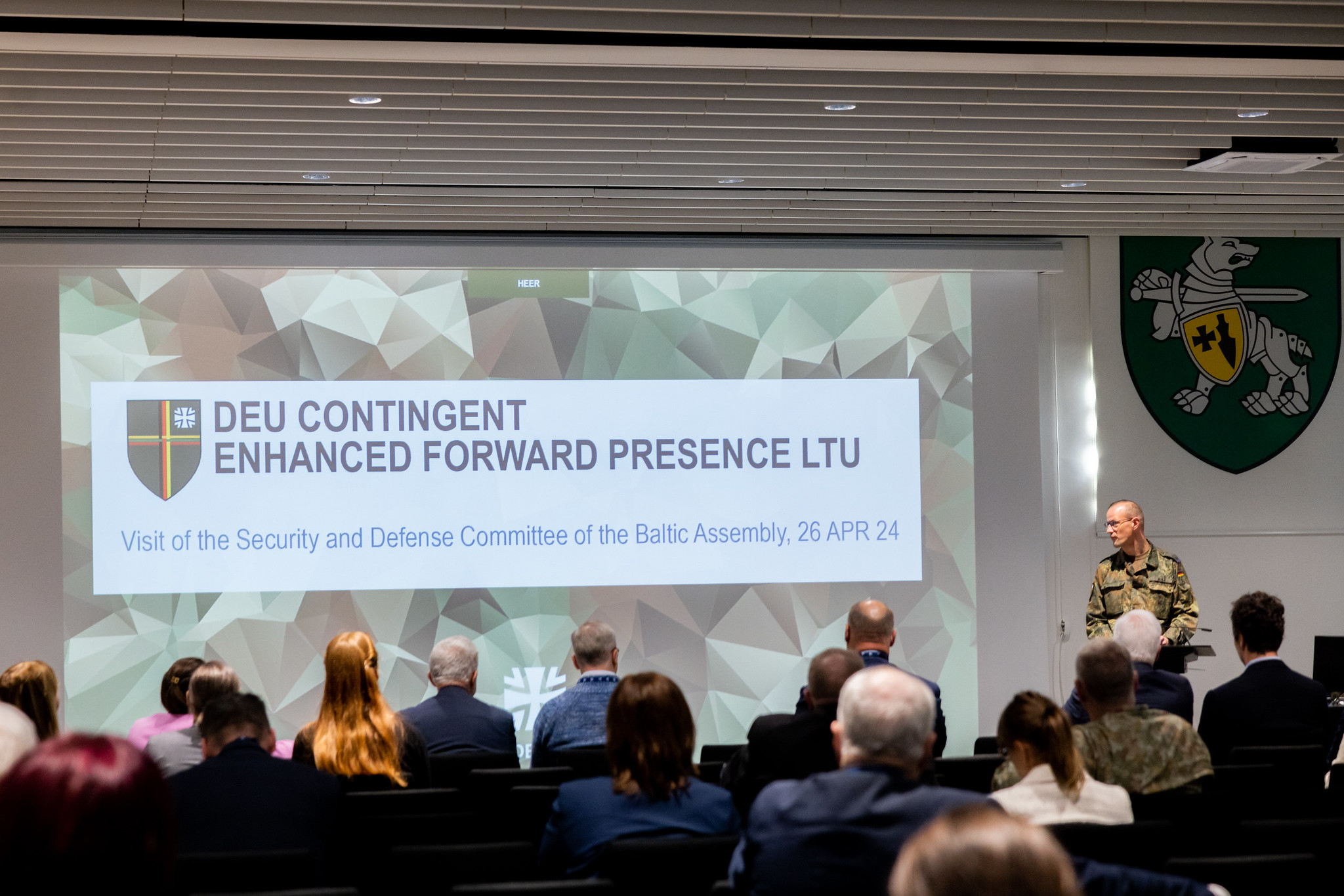
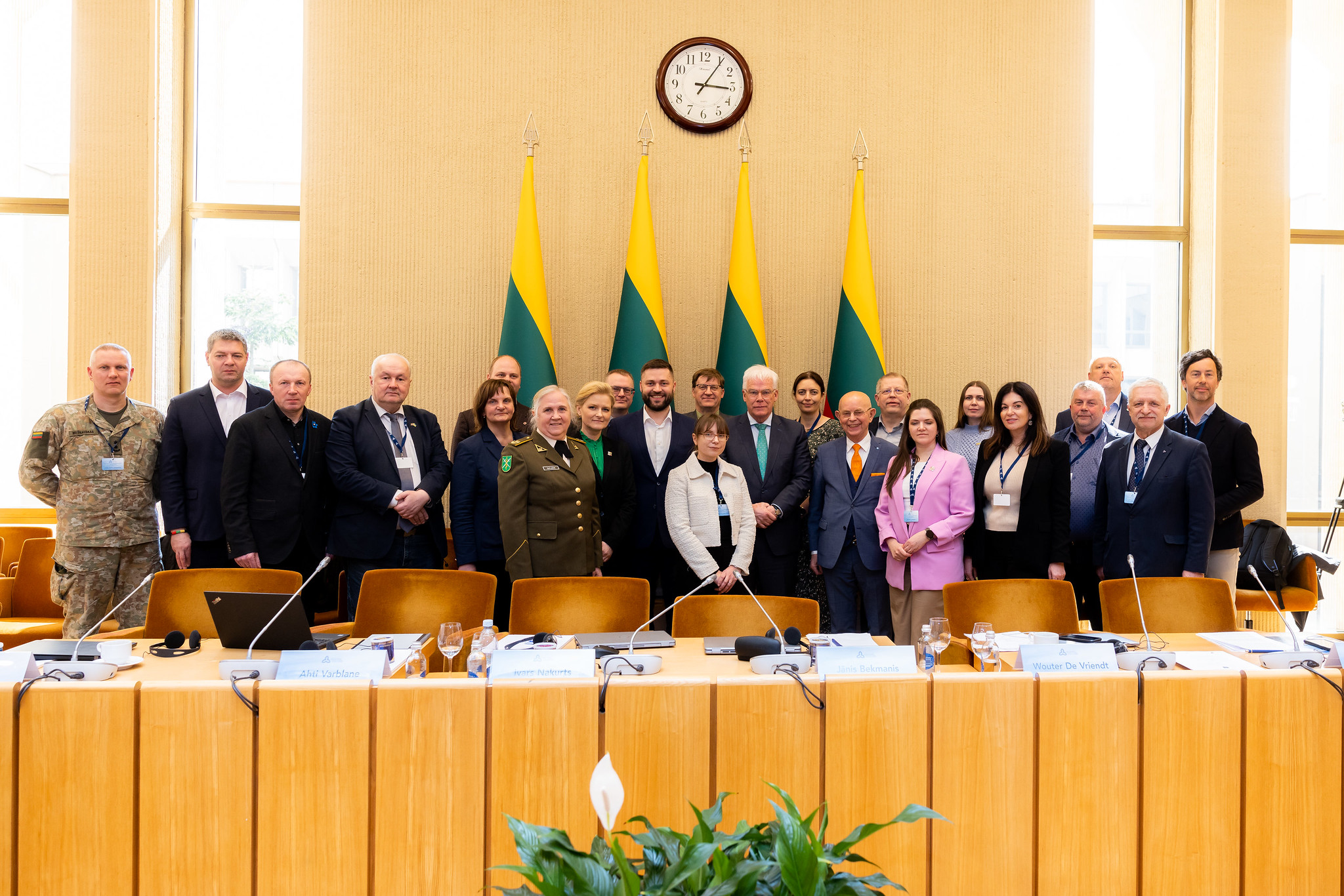
 Print
Print 

